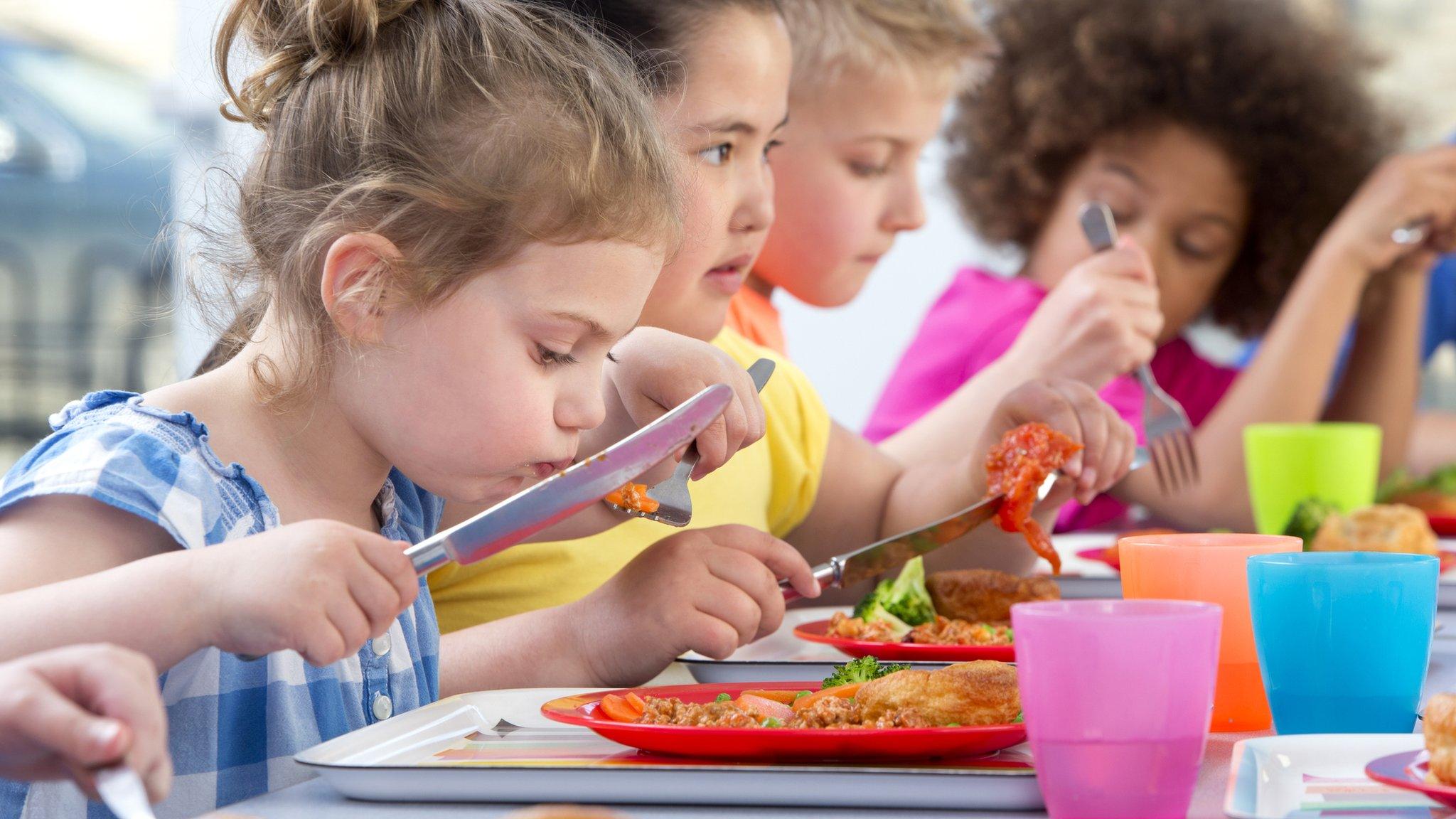Glasgow council poised to write off school meal debt
- Published
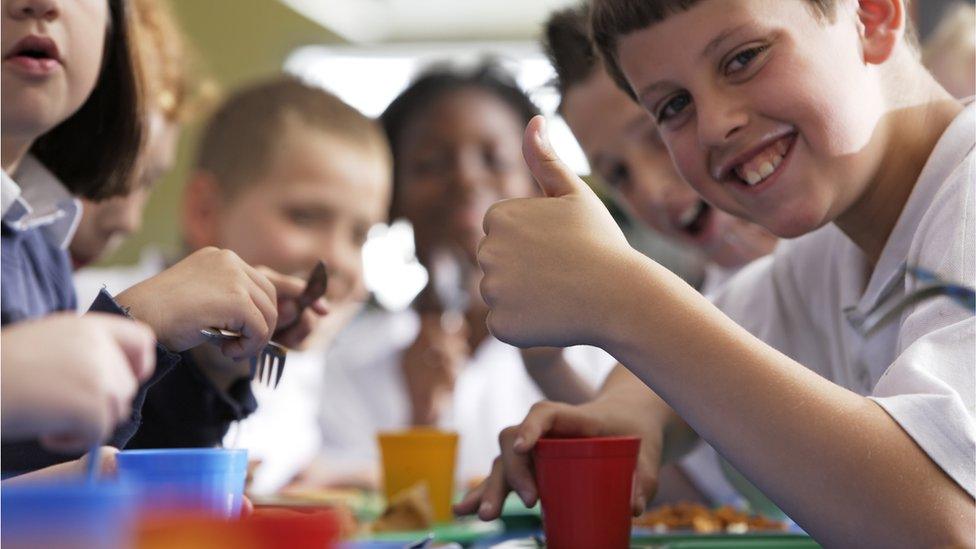
Glasgow City Council is poised to write off unpaid school meal debt in a bid to ease pressure on hard-up families.
An SNP proposal will be put to a vote next Thursday, 30 March and is expected to be supported by other parties.
If approved, reserve funds will be used to write off current debt, estimated to be about £300,000.
Councillor Christina Cannon said the move would ensure that "no child is denied food in school, regardless of ability to pay at the time of eating".
The cost of living crisis and food inflation had raised food insecurity in the city "in ways that have not been seen for decades", she said.
A health and wellbeing census , externalpublished by the Scottish government last month found that nearly 60% of pupils at least sometimes went to bed or school hungry, while 3% said they always went to bed hungry.
A campaign - Feed the Weans - was launched earlier this month, with activists from Unite the union, the Scottish Trades Union Congress and Together Against Debt protesting outside Glasgow city chambers.
They called for an end to means-based free school meals and urged the government to provide school dinners for all children in Glasgow and eradicate school meal debt.
It is understood Glasgow City council had already written off some school meal debt during the Covid pandemic.
'Significant step forward'
The motion put forward by Ms Cannon, the education committee convener, asks the council to write off current levels of school debt held centrally.
It adds that reserves will be used to "write off debt held locally, where that debt is over and above the equivalent of one month's worth of meals".
Unite senior organiser Joe Rollin said the level of food poverty in Glasgow was "absolutely shameful" and that if approved, the council's move would be "a really significant step forward for families".
"We will now look to Glasgow City Council to end means-testing and ensure all children get a 'free' school dinner," he added.
All school meals for pupils in primary one, two, three, four and five are free, which the council says saves parents £9.50 per week.
A council spokesman said more than 50% of Glasgow families were currently entitled to free school meals.
From August, P6 and P7 pupils from families who receive the weekly £25 Scottish Child Payment (SCP) would also get free meals, he added.
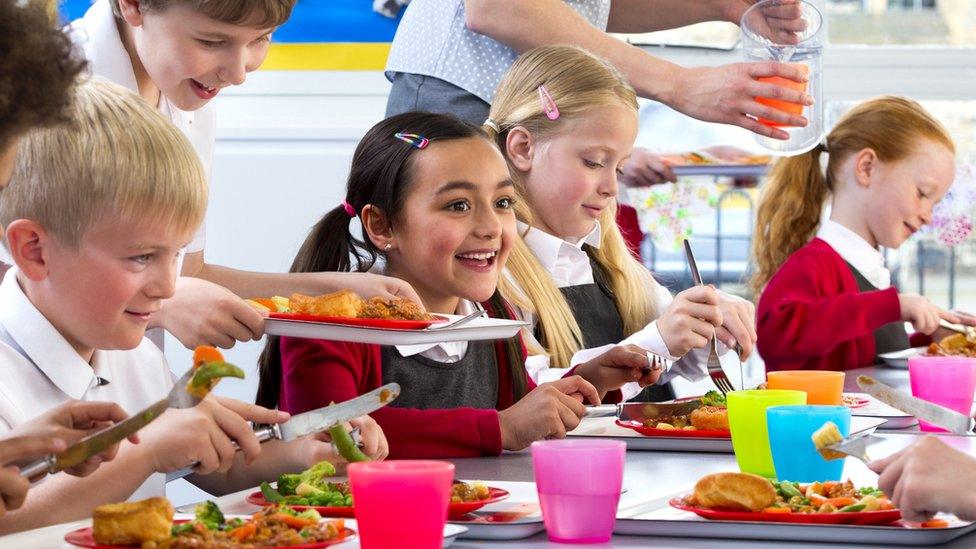
At the moment, lunch - a "tasty three-course meal served with water or milk" - for pupils in primary six to seven costs £1.90.
Ms Cannon's motion will ask councillors to reiterate a "commitment to expand free school meals to all primary school pupils when funding from the Scottish government is received".
Before the last Scottish Parliament election in 2021, the SNP pledged to provide a free breakfast and lunch to all P1-P7 children by August 2022.
Free school lunches - which the government says saves families an average of £400 a year, were subsequently extended to children in P4 and P5.
But the rollout of the policy to include P6 and P7 children has been delayed.
A Scottish government spokesperson said additional investment announced in the 2023-24 Budget would fund the expansion for children in those years whose families received the weekly SCP.
"This will be the next step in fulfilling our commitment to universal provision in primary schools," the spokesperson added.
"Councils have the power to make discretionary offers of free school meals to families experiencing financial hardship due to exceptional circumstances, who do not meet the regular eligibility criteria."
Children can currently get free school lunches if their parents receive:
universal credit (with a monthly-earned income of not more than £660)
income support, income-based job seeker's allowance or income-based employment and support allowance
support via the Immigration and Asylum Act
child tax credit, but not working tax credit, with an income of less than £17,005
both child tax credit and working tax credit and an income of up to £7,920
- Published22 March 2023
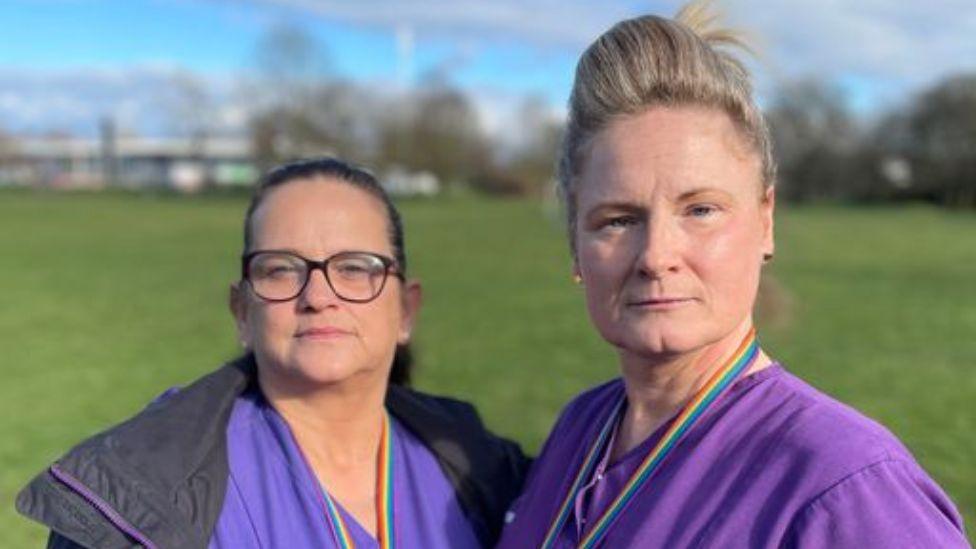
- Published16 February 2023
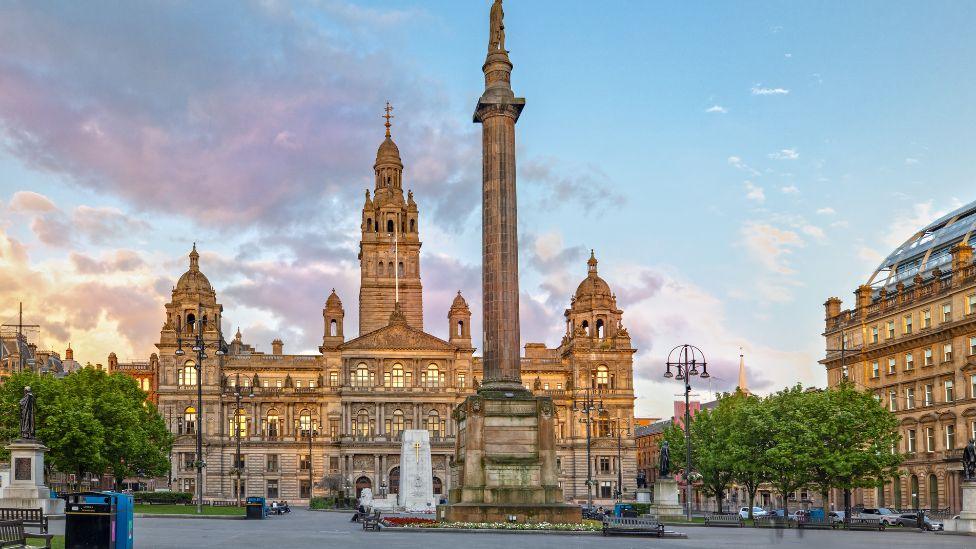
- Published17 August 2022
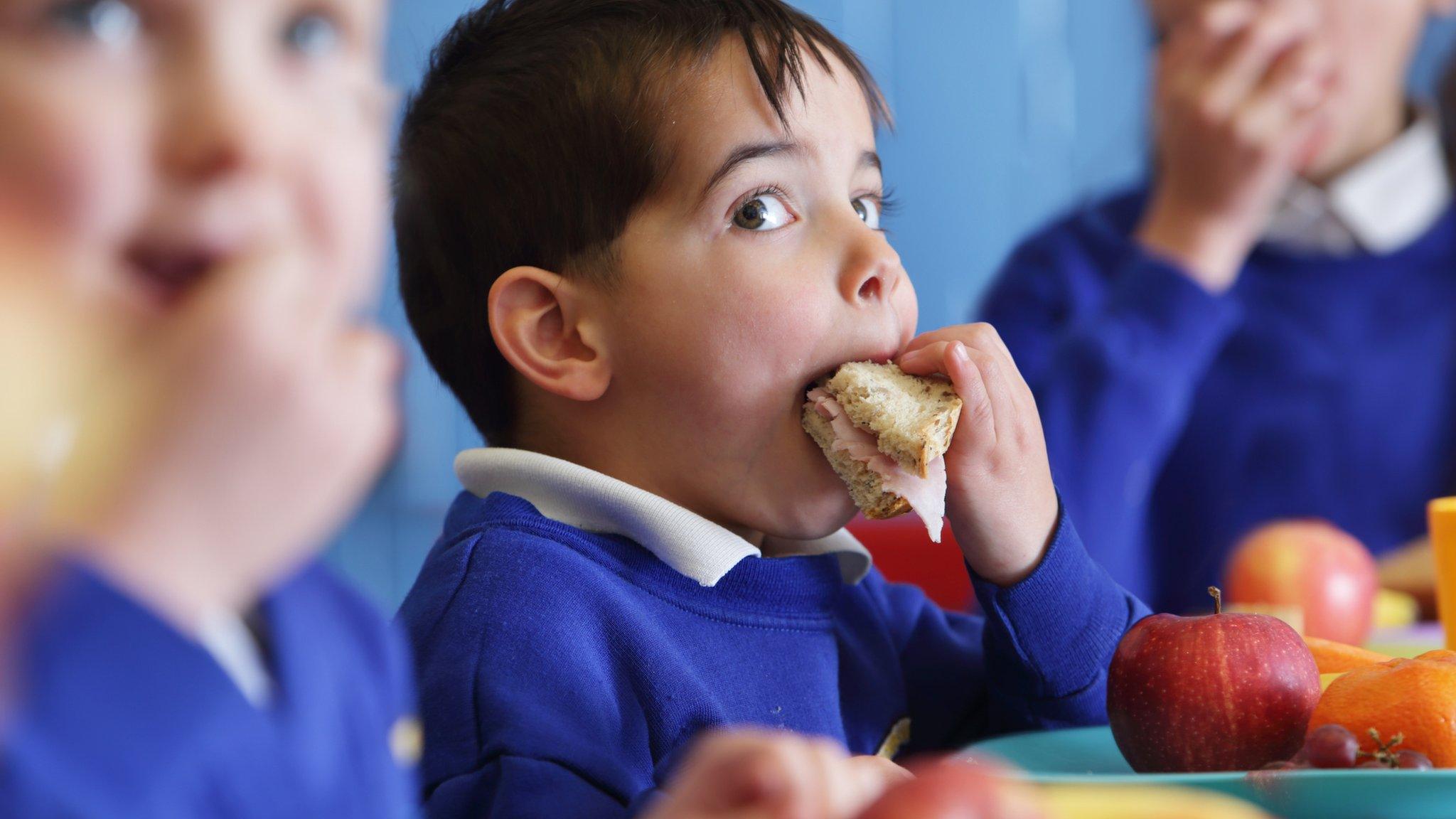
- Published10 August 2022
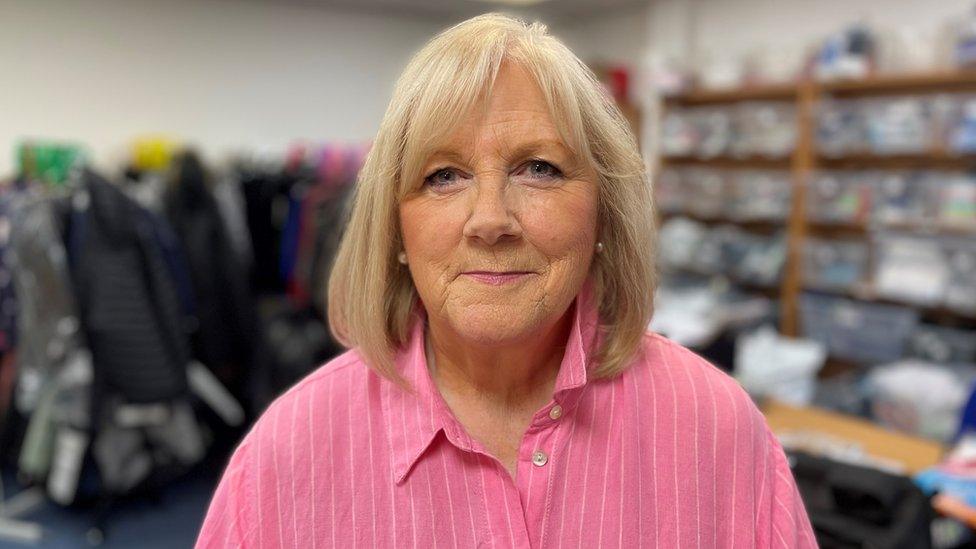
- Published28 November 2020
